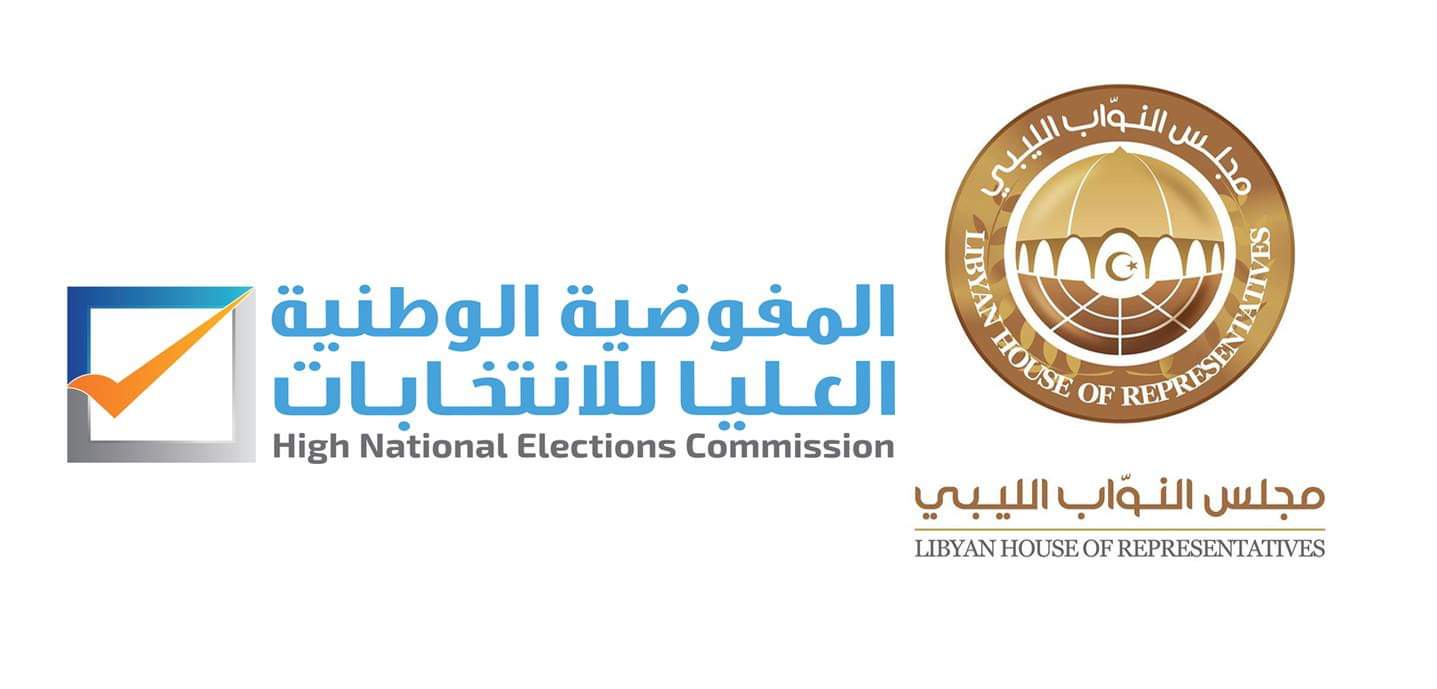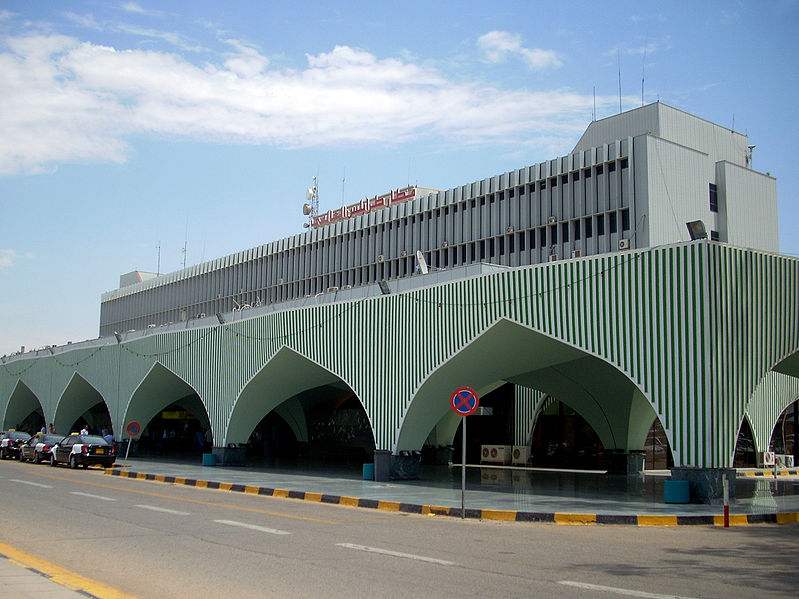By Sami Zaptia.

London, 9 January 2019:
The delay by the Faiez Serraj Tripoli government in providing the needed finances is the reason for the High National Election Commission’s (HNEC) failure to announce a date for the constitution referendum.
The revelation was made by prominent House of Representatives (HoR) member for Zintan and Dialogue Committee member Abdulsalam Nasia.
The revelation came after HNEC head Emad Al-Sayeh had travelled to Tobruk on Monday to update HoR head Ageela Saleh and HoR members on his progress in preparatons for holding the referendum.
Nasia reported that Al-Sayeh had said that preparations were “90 percent ready”.
In its offocial statement on the meeting, howevet, HNEC would only say that Sayeh reported to the HoR on “preparations for the referendum on the draft constitution, as well as the difficulties and obstacles facing HNEC in the implementation of this entitlement.”
It will be recalled that the HoR had officially handed over the 45-article Referendum Law (Law No.6) to HNEC on 29 November 2018.
On 6 December last year HNEC announced that it had commenced the process of holding the constitutionally required referendum on the country’s draft permanent constitution.
At a press conference at HNEC’s Tripoli headquarters Al-Sayeh had announced that preparations could take up to the middle of January and that the referendum could take place by the end of that month.
Sayeh had stressed that the judiciary’s role in the referendum process would come into play especially if the public reject the draft permanent constitution.
He had explained that the reasons for this rejection would have to be compiled and presented to the Constitutional Drafting Authority (CDA). This would be a major task, Al-Sayeh had added.
Sayeh had reiterated that HNEC had set four preconditions for holding the referendum: political agreement; a referendum law; financial backing and security.
On finance, Al-Sayeh revealed that HNEC was in debt at the time by half a million dinars and was awaiting its 2018 Q4 LD 800,000 allocation from the Serraj administration.
He confirmed that that HNEC had requested LD 40 million from the Faiez Serraj Presidency Council and Government of National Accord.
Sayeh had explained that a “no” result in the referendum would require the use of a large number of staff and that there will be 2,000 polling stations used – up from the 1,500 used in previous elections.
Al-Sayeh said that he would need security guarantees across the country for locations, polling stations and staff prior to going ahead with the referendum.
If most of these conditions were met by the middle of January, HNEC would, in discussion with the HoR, announce a late February date for holding the referendum, Sayeh said.
Al-Sayeh said that this timeframe should allow other organizations such as the media and NGOs to engage in voter awareness.
“If” the majority of the Libyan public rejected the constitution, Al-Sayeh hoped that that rejection would be based on an informed decision and that they are clear on the precise articles of the constituion that they oppose.
He said that voter registration would be opened in mid-January for a short two-week period in order to top-up the voter register since it was last opened.
https://www.libyaherald.com/2018/12/06/hnec-commences-permanent-constitution-referendum-process/
https://www.libyaherald.com/2018/11/29/hor-hands-constitution-referendum-law-to-hnec/











